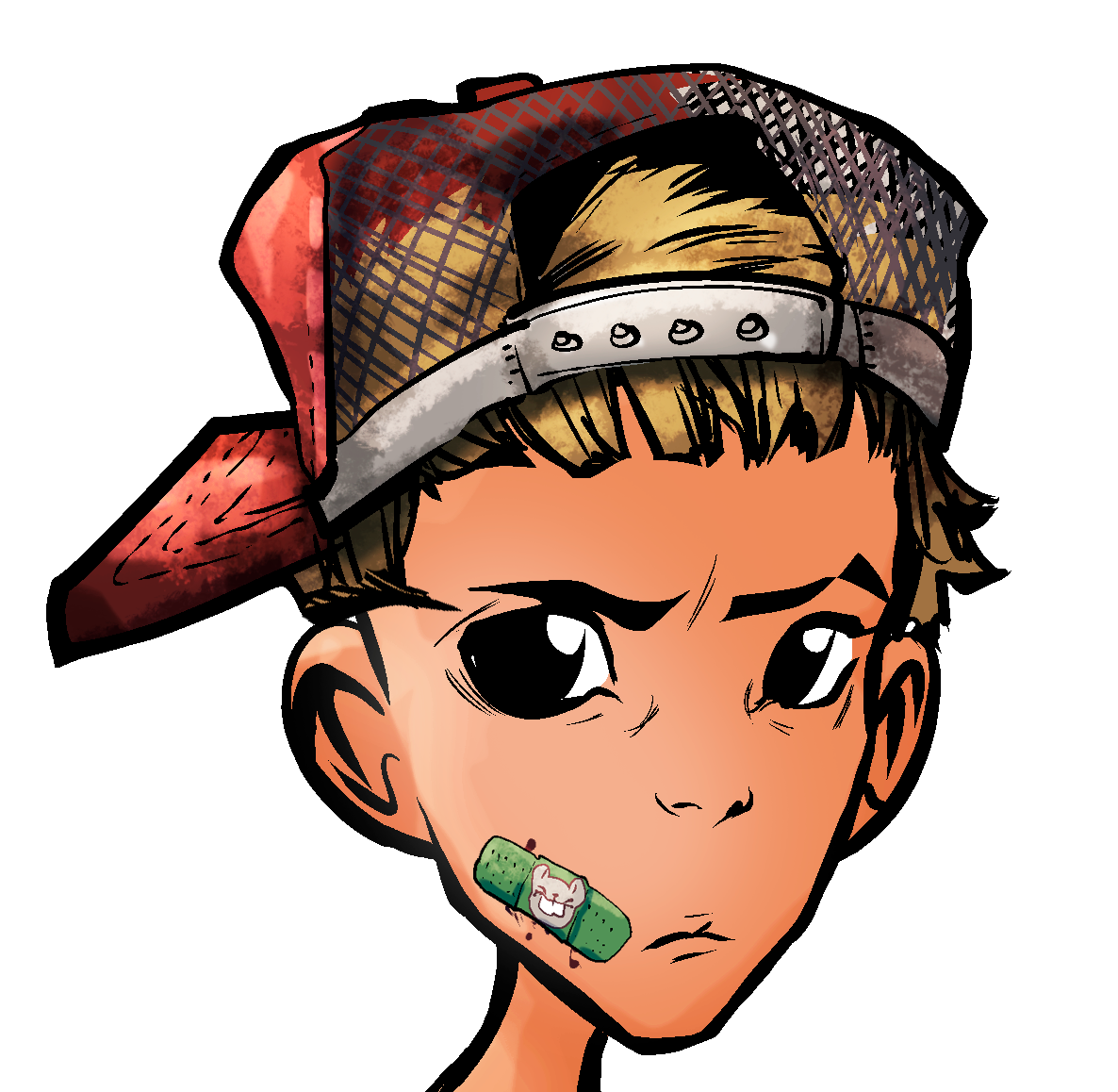July 2021
Greetings from inside the rocket factory!
This month I'm wrapping up the prep work for my course, Psychology of High Technology, which I'll be teaching graduate students at Brooklyn College in a few weeks.
I received my master's in I/O psychology from Brooklyn College not long ago and had a great experience. This is my way of giving back. It's also a chance for me to get my feet wet with teaching at the graduate level. I had a good time putting the curriculum together, so I have a feeling teaching will be rewarding.
The course is mostly concerned with two concepts: information systems and their place in organizations today, and the sociotechnical approach. My latest essay, the lost art of work design, serves as an introduction to the latter.
The goal is for students to gain an understanding of the role of technology in organizations today and its relevance in the design of knowledge work.
If anyone has advice for a first-time instructor, I'd love to hear it! I'll report back on how it's going next time.
Onto this month's discoveries & challenges.
Discoveries
Crash course in systems thinking
Peter Senge's The Fifth Discipline is one of the most influential books of my career. But being the densely packed wisdom mine that it is, it's easy to forget some of the many key lessons. If you're interested in systems thinking or could use a refresher, Senge's talk at the 2013 Climate, Buildings, and Behavior symposium in New York is a great listen.
Exciting space psychology opportunities
I've seen some exciting opportunities open up on the human factors & space operations teams that would be perfect for an experienced I/O psychologist:
Oh, and there is one more–this one would work closely with me and others on the corporate training side. This is an exciting opportunity to join a dynamic team in a fast-paced environment working on important problems:
If you are interested, have any questions about these roles, or would like to discuss, please don't hesitate to reach out!
Our place among the stars
On June 25th, the U.S. government released a 9-page document confirming the existence of UFOs and their origins being unknown–not ruling out the possibility of extraterrestrials.
Would the truth that we are not alone in the universe change the way you think about work?
For me, not so much. I strongly believe in the significance of what I do, regardless of that truth. But for others, are you now any more inclined to chase your dreams? Would it not be a good enough reason to give up the blind pursuit of money and engage in a life driven by passion?
Challenges
Psychometric training data
There are many publically available datasets to practice data science and statistical programming skills [e.g., iris, taxi, titanic, etc.], but social science datasets seem to be few and far between.
Social science datasets, particularly when involving psychometrics, will have unique characteristics–requiring analysts to have a particular set of skills. Without universally accepted practice data, it's difficult to be consistent in the methods we use to train.
Moreover, machine learning models need to be trained on large sums of data. Without publically available training data, we risk stagnation in the development of advanced psychometric models.
This is important because, regardless of your ethical stance, these models will still be developed. Having a publically available, peer-reviewed training dataset for psychometric models means that the future of ML development in the social sciences can be less of a black box than what we've seen come out of big tech.
Noise
Daniel Kahneman's newest book, Noise: A Flaw in Human Judgment, describes the phenomenon of noise and how its plaguing organizations. Kahneman uses the analogy of a target at a shooting range to describe it:
Imagine yourself at a shooting range with a group of friends. The first friend hits the bullseye every time. They were accurate. The second friend hits the same spot every time but is off-target. They were biased. You are off-target every time in seemingly random ways. You were noisy.

The concept of noise is differentiated from bias in that bias is being off-target in consistent ways. For example, if there is a slight curve in the gun's barrel, the shot would be off, but it would be consistent.
In contrast, noise is inconsistent error. For example, if I lack steady hands, my aim might be off in different ways each time I shoot.
Noise and bias are both forms of error, but they're different. According to Kahneman, noise is just as much of a problem as bias but goes underappreciated. Citing a case in the insurance industry, he demonstrates how noise resulted in a wapping 55% of variability in agents' appraisals, while executives presumed that number would be around 10%–5x smaller.
How have you seen noise plague organizations?
Have an engaging month,
Ken
